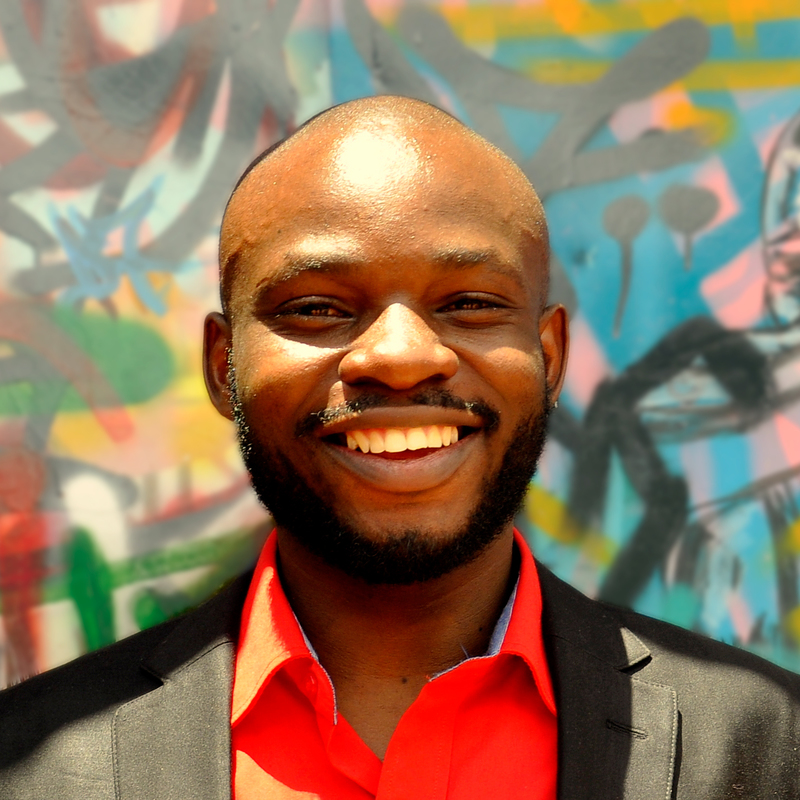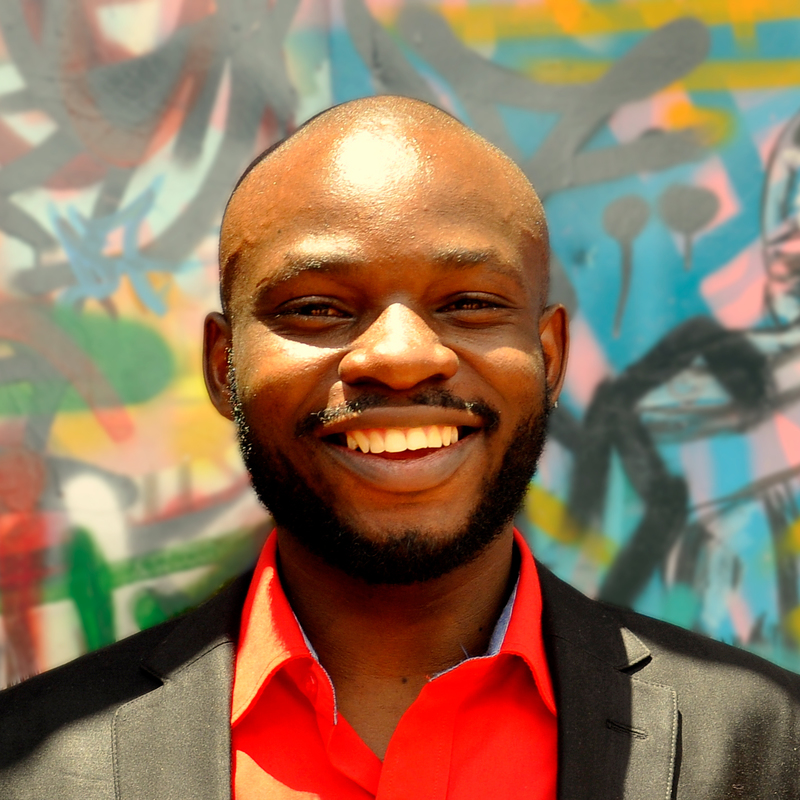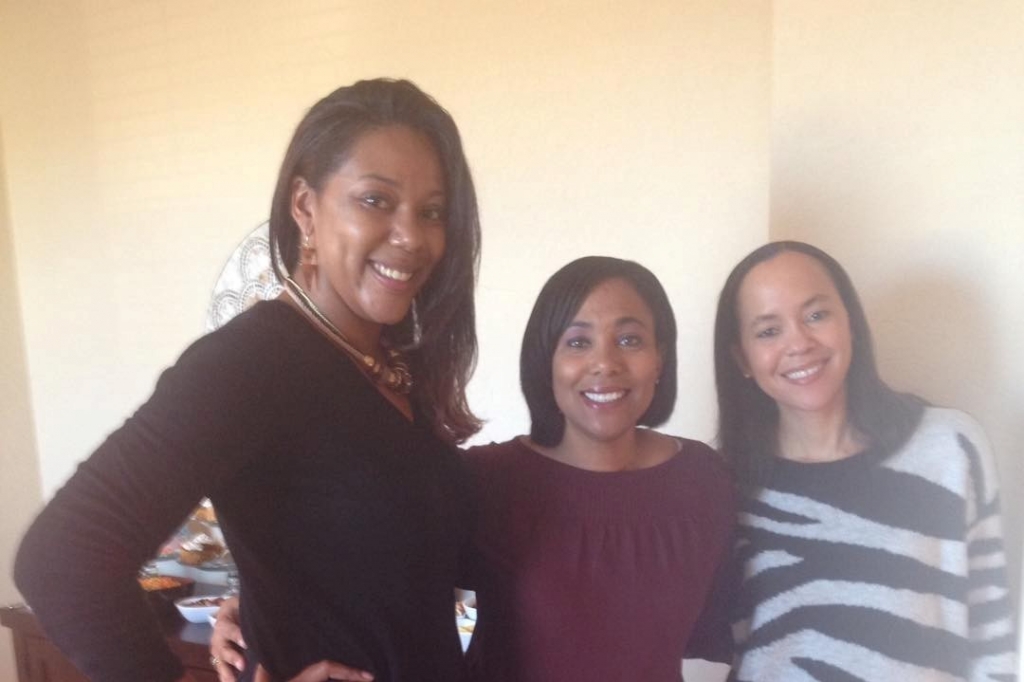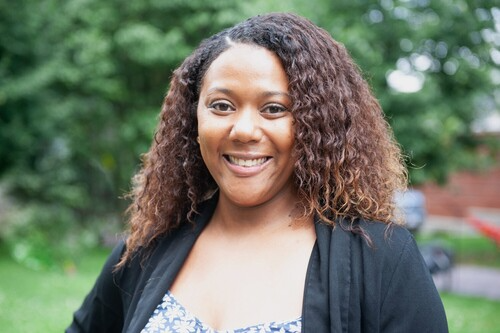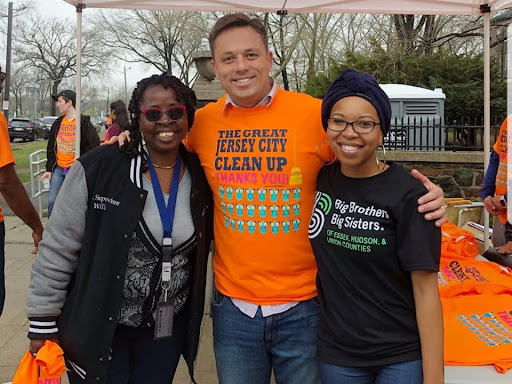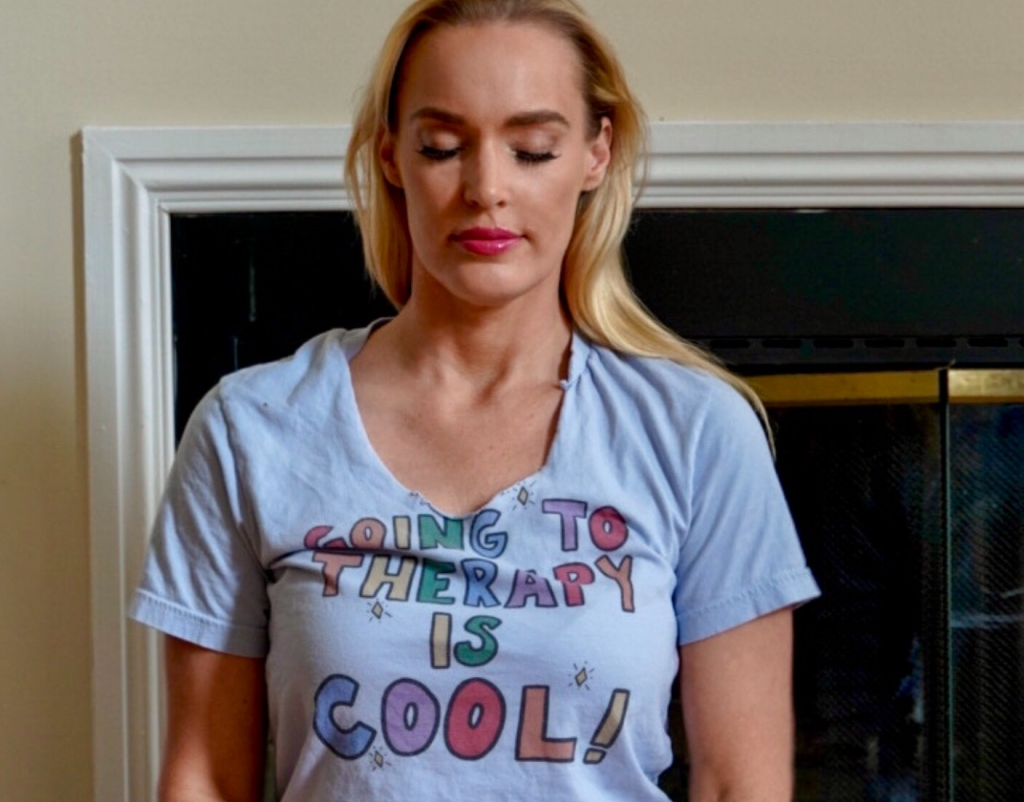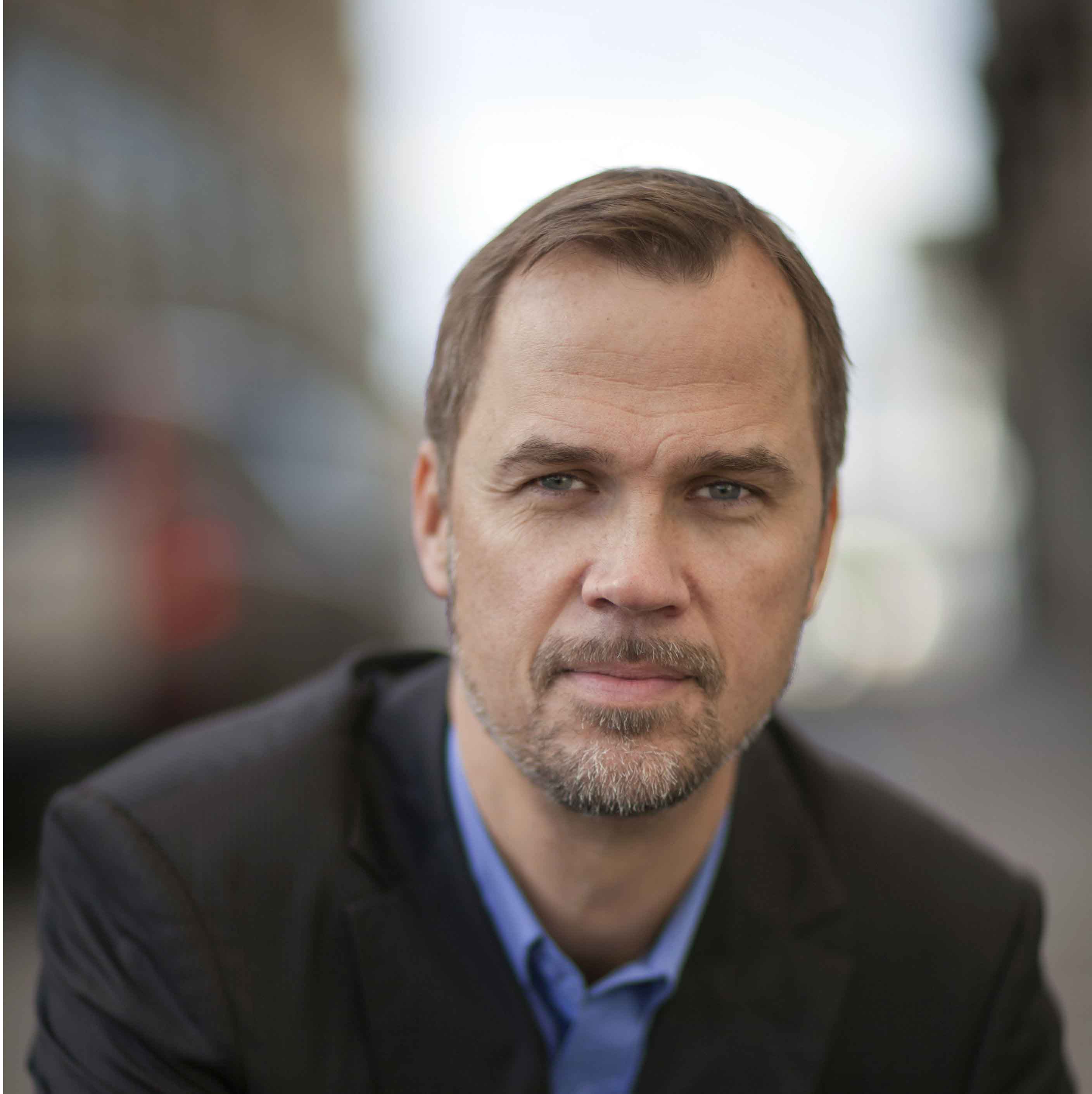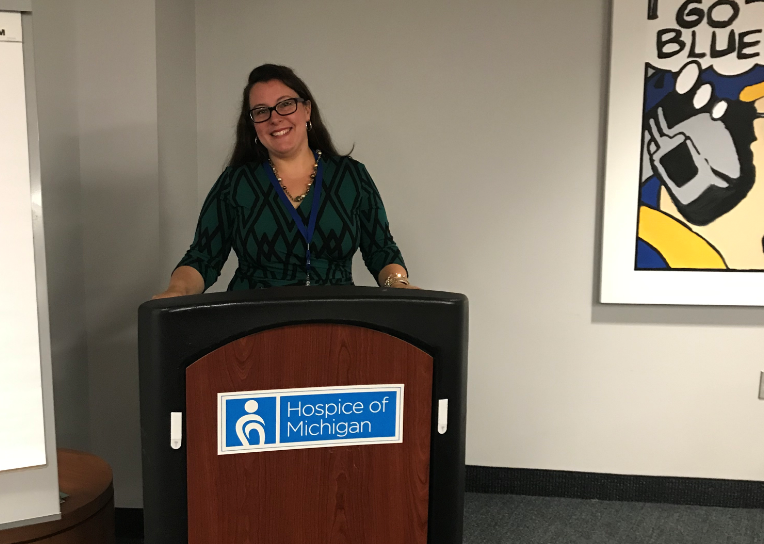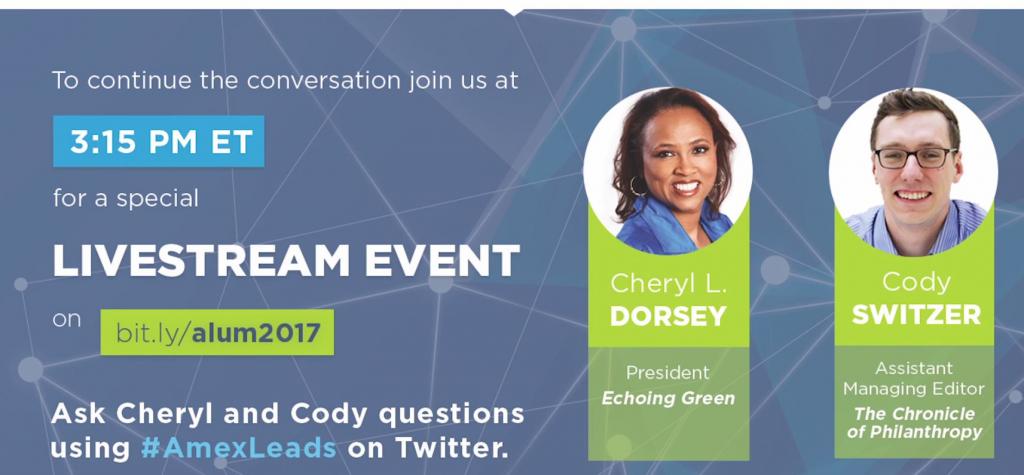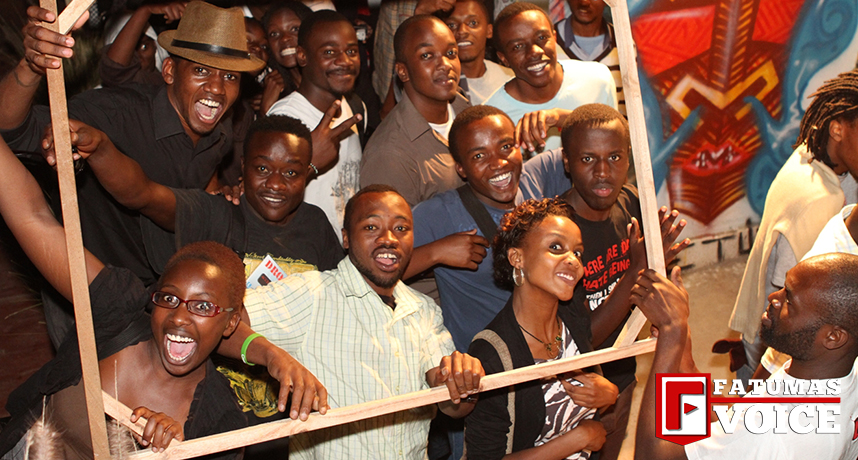
In partnership with the International Youth Foundation's YouthActionNet, we're sharing leadership journeys and conversations with Global Laureate Fellowship Alumni all during July. This is a part of our #LeadYoung series. Here is the first part.
Fatuma’s Voice, a Kenya-based youth empowerment forum, started in 2013 as a small poetry club on a university campus. We officially launched in July 2013 at Pawa 254, after a series of small poetry gatherings that lead to the need of a structured forum. Five years later, it is an organization that hosts forums where young people from different ethnic groups come together to express themselves through art, poetry, and music, while creating bottom-up solutions to social issues.
Founders Chris Mukasa and Eric Otieno hope to take Fatuma’s Voice on the road, traveling across the continent sparking conversations about pressing societal challenges. They envision a more inclusive and politically conscious Africa, “where people are equipped to dismantle false narratives and unafraid to speak out for social change.”
We spoke Chris Mukasa, an alumnus of The International Youth Foundation’s YouthActionNet Fellowship, to learn more about how he got started, what drives him, and how he and his colleagues feel about their impact.
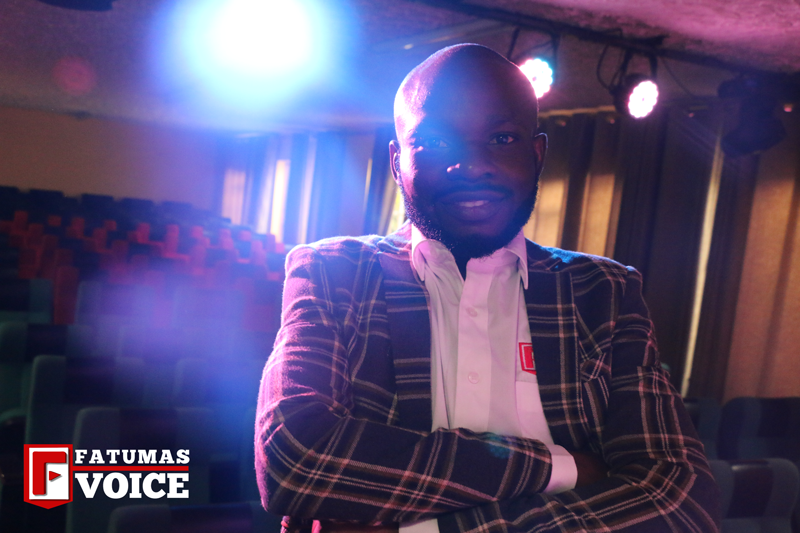
Chris Mukasa
First, the obvious question: who is Fatuma?
The name itself is a draw, Chris admits: “At first, many people came to our events to find out, who is Fatuma? What is this voice? Can I come to meet her? Fatuma is us. Fatuma is a metaphor representing Kenya, and other African countries, which gained independence more than 50 years ago but are still not free. Fatuma also symbolizes people who don’t raise their voice against social issues affecting them as well as others.
How did you start the organization?
Fatuma’s Voice started in 2013. I started a club called the Kenyan Poets Lounge to bring together young people interested in poetry at the University of Nairobi. Our numbers grew and it became too hard to meet in the University halls, so we created an online platform where we addressed social issues using poetry. One of the members of the poetry club [had the idea] to do a book, a collection of poetry about leadership and social justice, freedom and gender issues. I facilitated the self-publishing of an anthology of poems and short stories, we called it: The Power of Words. When we launched the book, a few people came and wanted to learn more. That’s when we decided to hold an event – a dialogue. We had some media coverage, and the event was very well received. There was great need for a regular, structured forum: we decided to do a series on more events and Fatuma’s Voice was born.
We didn’t have any sort of training, but we started anyway. At that time, we were driven almost solely by passion. We managed to tackle complex topics like societal inequality, gender bias, drug abuse and systemic oppression, (by partnerships with other organisations who were subject matter specialists in those themes.
In many ways, my mother was Fatuma.
Looking back, I realize my upbringing played a huge role in the making of Fatuma's Voice. When I was growing up, my four siblings and I spent cold nights crowding around my mother in a one-room house where sometimes all we had for dinner was music and each other’s company. My parents had fled the war in Uganda and had a hard time [finding work]. My dad ended up drinking, which turned into domestic violence.
One night I confronted him and asked, “Why are you beating up mom? You should be working together to provide for us.” I could see the anger in his eyes. He let go of my mom and stormed out of the house.
That moment is very vivid in my mind, because several months afterwards, my mom decided to separate from my dad. When my mom saw me speaking up on her behalf, it sparked her to make a decision and step out of an abusive relationship.
In many ways, my mother was Fatuma at that point. Fatuma could be anyone. Even African youth who have self-censored their voice and developed apathy towards the political ecosystem can be referred to as Fatuma and we need to claim our voice back because only then can we experience true freedom. I envision Fatuma’s Voice as an African movement that drives social change: what if the millions of youth in Africa stand up against injustices in the social, political, and justice systems? We could have real change.
What has your leadership journey been like as a young person?
I think the biggest problem we have in most African countries is that youth, who make up a significant portion of the population, have developed a sense of apathy and indifference towards politics and social issues. A recent survey by the Afrobarometer found that since the early 2000s, youth interest in public affairs has dropped from 81% in 2002 to 58% in 2015.
I think our education system, politics and mass media has a lot to do with that. In many ways, our education system is designed to keep you quiet, so it becomes very hard to speak out. There are restrictive cultural practices, patriarchy… there are so many things that hold you back. People feel their voices do not count. They lose trust in systems and the government because they’ve been taught that their voice doesn’t matter.
The first step is to start speaking up and show that this sort of change can happen.
What impact are you most proud of so far?
One of our biggest successes is that we have reached out to 2,500 young creatives—artists, poets and writers—and given them a space where they can use their art to talk about social issues in a way that will land on ears that are ready to listen. Art was cut out of our education curriculum about a decade ago, and we are pushing back against that. Artists need to find ways to grow their art and talent.
Another success is the fact that we’ve come this far without any formal training or experience. I was fresh from university when we started. I didn’t even graduate, I left campus because I felt like Fatuma’s Voice was adding more value to people’s lives than my degree would. We set up effective teams and trained them, held forums and all learned a lot. Young people seeking to hone their skills attend training sessions and are paired with mentors. I think that is very big.
We started our forums in Nairobi, and have replicated the programs around the country. Uganda and Tanzania have requested we hold forums there. We don’t have funding yet, but we want to have inter-country conversations and literally break down borders with this art exchange. We want to share the solutions we’ve had in our country.
What are three skills you think every young leader or young social changemaker needs to learn to be successful?
As I think about it, there are different things that make different people whole.
Self-awareness is one of the first things. Many people are out in the world doing stuff when they have no idea who they are. It’s all about identity and finding your voice – not deriving that from your position or title but making it intrinsic. Most challenges we face as leaders, if we have nothing inside, it’s easy for other people to manipulate you. If you look at the political system in Africa, it’s failing because people derive their identities from things that don’t really mean much. Intrinsic motivation helps you to go out and tackle challenges.
Leadership is not something that’s handed to you, it’s something you need to learn and invest in building in yourself.
Secondly, communication. It’s something that I am working on. Eric, my co-founder, told me I am “only occasionally” a good communicator. I know it is key, I’m working on it, reading about it and [trying to learn].
Integrity is also essential. Integrity is [complicated], it’s a decision we make every day through our actions and choices. It’s the internal things that no one ever gets to hear. I’ll call it a journey that I’m still trying to understand.
What are some supports that have helped you learn and grow as a leader?
One of the biggest ones was IYF’s YouthActionNet program. It was a yearlong program, and I had a great mentor assigned to me. I had all sorts of questions. For example, the organizational structure of Fatuma’s Voice was a big challenge. We started out driven by passion but we got to a point where we needed to think about the organizational and financial models. Having the support to think critically about future plans and someone who cared about what I was working on, building an organization, really made a difference.
Leadership is not something that’s handed to you, it’s something you need to learn and invest in building in yourself. IYF gave me the space to meet people who helped build my skills and to hold myself accountable. That’s something I got from this: people I can reach out to who understand social enterprise work.
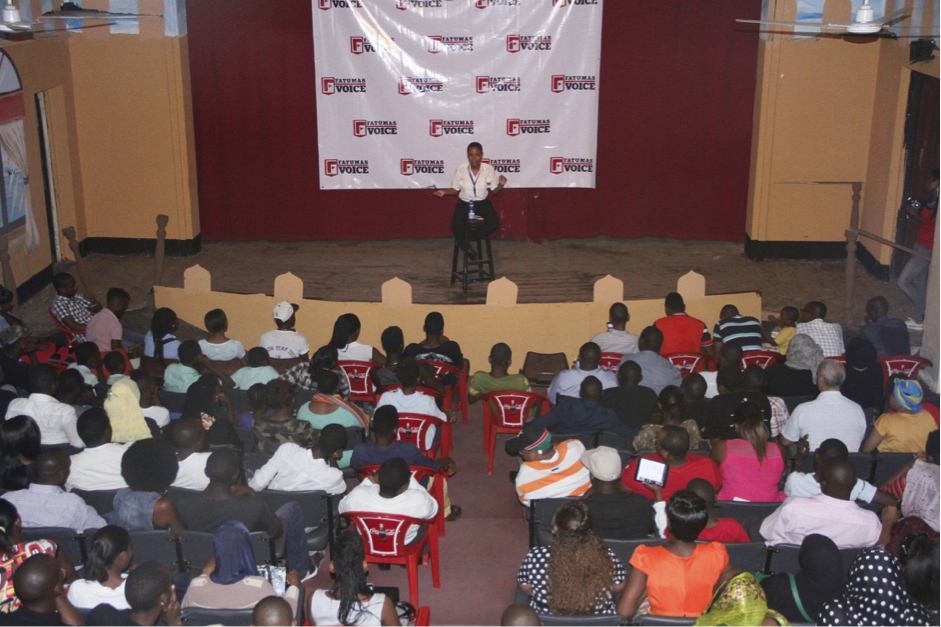
Lizz Marami speaking to community members at a Fatuma's Voice forum in Mombasa
What are some challenges you face?
One of the biggest challenges for any social enterprise leader is to find balance between work and life. There have been points where it’s been really crazy; you know there are people who are there for you but there’s so much going on that you ignore that. You have deadlines and projects to run and fundraising to do.
It can be overwhelming. I’ve gone through several moments like that when even having support systems, you feel like, “Why am I doing this and will it amount to tangible change?” But you look back and see all of the things you’ve gone through and see all the things you’ve managed to achieve, and it helps you keep going.
What is one mantra or reflection that gives you the confidence to lead?
Okay so this is what I do. I don't have a mantra, but I have a vision: I want you to picture a truck traveling from one African country to another. Visualize it with community units where African philosophies like Ubuntu are shared with people along the way. This truck for social change will also be visiting schools to address questions not tackled by the educational systems, which can even be done through drama and dance or plays. Imagine people becoming so inspired by those things that they feel the need to do something.
When I need strength, I think about this vision and how it’s creating social change. It keeps me going.
Who is someone who has shaped you as a leader, and how?
I will say Fatuma. Of course, I’ve never met her, she is metaphoric, but look at the impact that she has had on my life and others. We have this picture of a leader as someone very famous and who has accomplished so many things. No one has met Fatuma but she’s pushing our entire team to do crazy things across the African continent and has already impacted thousands of artists and creatives. She has done this without forcing anyone, just opening people’s eyes.
Also, my mother, who raised five children who have seen her at her worst, and her best. Each time I think of her, I hear laughter. She had so many issues but what I remember as a child is her smiling and being happy and content.
The third person is definitely Eric Otieno, my co-founder. We are very different people. Total opposites. We are a very unlikely pair. And I think that’s probably what [has worked]. The things that I’m not good at, he’s perfect at them. And the things that he’s not even interested in, I’m very strong at putting those things together. We now recognize that our differences are good and bring us balance, and I wish we had understood that earlier.
I wish more leaders understood this, that having different kinds of people working together produces more quality work than having all people who work the same way.
You can learn more about Fatuma’s Voice by watching the video below.
_______________________________________________________________________
This blog is one of a series of reflections from alumni of the YouthActionNet Global Laureate Fellowship. We will update this post with each week's new blog.
Post 1: In Kenya, a Metaphoric “Fatuma” Gives Young Leaders and Artists a Voice
Post 2: Supporting Girls Through Education and Love: Christen Brandt's Journey with She's the First
Post 3: Creating Opportunity for People with Intellectual Disabilities in Zambia

